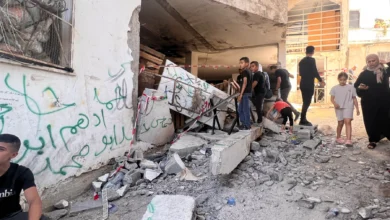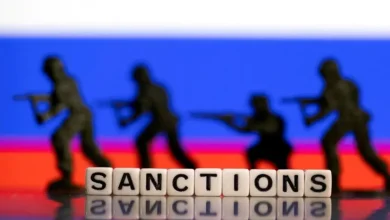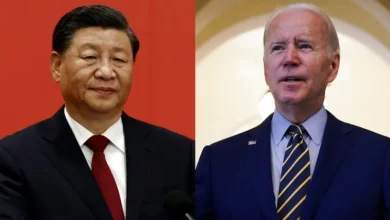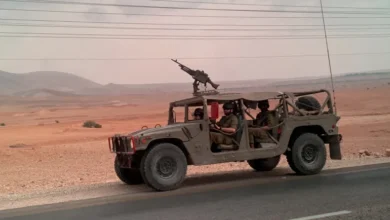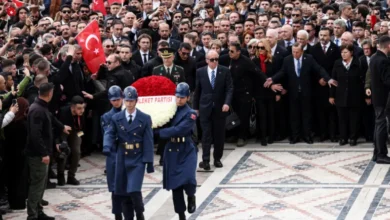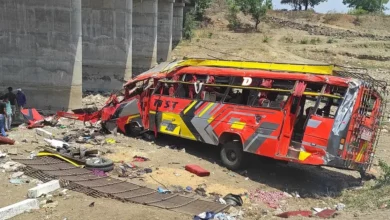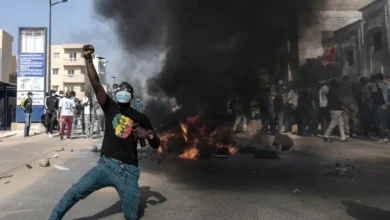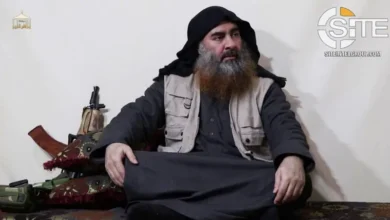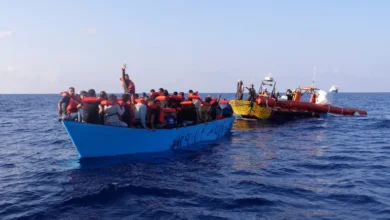Could Israel’s Gaza war drag Iraq into another conflict?
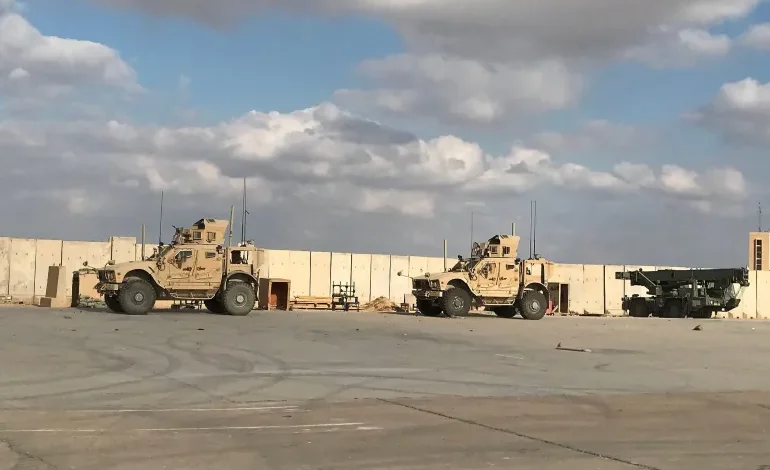
Iraq has increasingly become a scene for strikes between Iran-backed forces and the United States amid Israel’s brutal war on Gaza, with concerns mounting about a serious escalation.
The US said Tuesday it launched attacks on Iran-aligned groups in Iraq, amid a chaotic 24 hours in the region that also saw a senior Iranian general assassinated in Syria.
Let’s take a look at the main recent developments, and talk about what they could mean for Iraq and the wider region.
What’s happened in Iraq?
In the early hours of Tuesday, the US military said it launched strikes against three sites used by Kataib Hezbollah, a major Iran-aligned armed group, and other unnamed affiliated groups in Iraq.
It came roughly half a day after Kataib Hezbollah, which is part of the umbrella group Islamic Resistance in Iraq, claimed responsibility for a major attack on a US base in Erbil in northern Iraq.
Crucially, Washington said three US soldiers were injured in the attack which used a one-way suicide drone, with one service member suffering critical injuries. The US says its presence in Iraq and Syria is mostly aimed at combating a resurgence by the ISIL (ISIS) militant group.
US bases in Iraq and Syria have come under more than 100 attacks by Iran-aligned forces since the start of the Gaza war on October 7, but the attacks had not left any US service members seriously injured before.
The US Central Command, charged with operations in the Middle East, claimed its strikes on Tuesday “destroyed the targeted facilities and likely killed a number of Kataib Hezbollah militants” without causing civilian casualties.
The district is where the most important Shia shrine in Syria is located, drawing millions of pilgrims each year. The IRGC service members operating in Syria are known in Iran as “defenders of the shrine” and Mousavi was in charge of coordinating them.
A senior member of the elite extraterritorial Quds Force of the IRGC, he was also a major actor in supporting the “resistance axis” in the Levant, having been active there since the 1980s.
Mousavi was close to Qassem Soleimani, Iran’s top general and a main architect of its regional influence, who was assassinated by a US drone strike in Iraq in 2020.
Top Iranian officials and military commanders, including President Ebrahim Raisi, have vowed that Mousavi will be avenged.
What does this mean for Iraq?
The situation in Iraq is unstable and ripe for further escalation, but neither Iran nor the US is eager for a full-scale war, according to Tehran-based Middle East researcher and author Ali Akbar Dareini.
“So far, both Iran and the US have acted within the framework of rational actors, because they are aware of the dangers of an all-out military conflict,” he told Al Jazeera.
Dareini pointed out that the US has an upcoming presidential election, while its international standing has taken a hit and public opinion has shifted against its support for Israel as the devastation in Gaza has been laid bare.
“In an election year, it would completely eliminate Biden’s chances for re-election if American soldiers are killed. And a wider military confrontation would lead to more instability and a conflict whose repercussions will be unpredictable and would incur hefty costs for both sides,” he said.
“So, I don’t expect to see an all-out war, but there is always a risk of miscalculations.”

